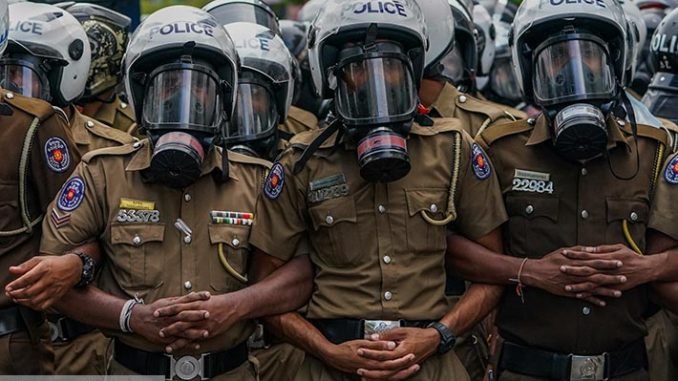
One year after being forced to shelve a heavily condemned regulation targeting dissent, the Sri Lankan government has now devised a new plan to legalise its ongoing crackdown.
The latest move is to adopt new laws to rehabilitate ‘ex-combatants, members of violent extremist groups and any other group of persons’.
A bill to “provide for the establishment of a Bureau to be called and known as the Bureau of Rehabilitation” was introduced to parliament on 23 September by the Minister of Justice, Prison Affairs and Constitutional Reforms Wijayadasa Rajapaksha. It has already being challenged in Sri Lanka’s highest court. Petitioners argue that the proposed law would violate several of the constitutionally guaranteed fundamental rights.
In August 2021 the Supreme Court issued an interim order suspending the implementation of Prevention of Terrorism (De-radicalization from holding violent extremist religious ideology) Regulations No. 01 of 2021. The regulation was announced in the gazette extraordinary on 12 March, 2021 by the president at the time Gotabaya Rajapaksa.
Sri Lankan rights activists and journalists successfully petitioned the court against the regulation condemned by rights watchdogs including the UN as a move specially targeting minority Muslims. The De-radicalization regulations “may allow for the impairment of fundamental freedoms. Its language is broad and vague and permits arbitrary detentions, undermines due process, and limits fundamental rights,” said a team of UN special rapporteurs in 14 page letter to the president.
Gotabaya Rajapaksa was sacked by a mass uprising in July paving the way for Ranil Wickermesinghe who became president with the help of the parliament majority that formed the earlier administration…..
Read more here
